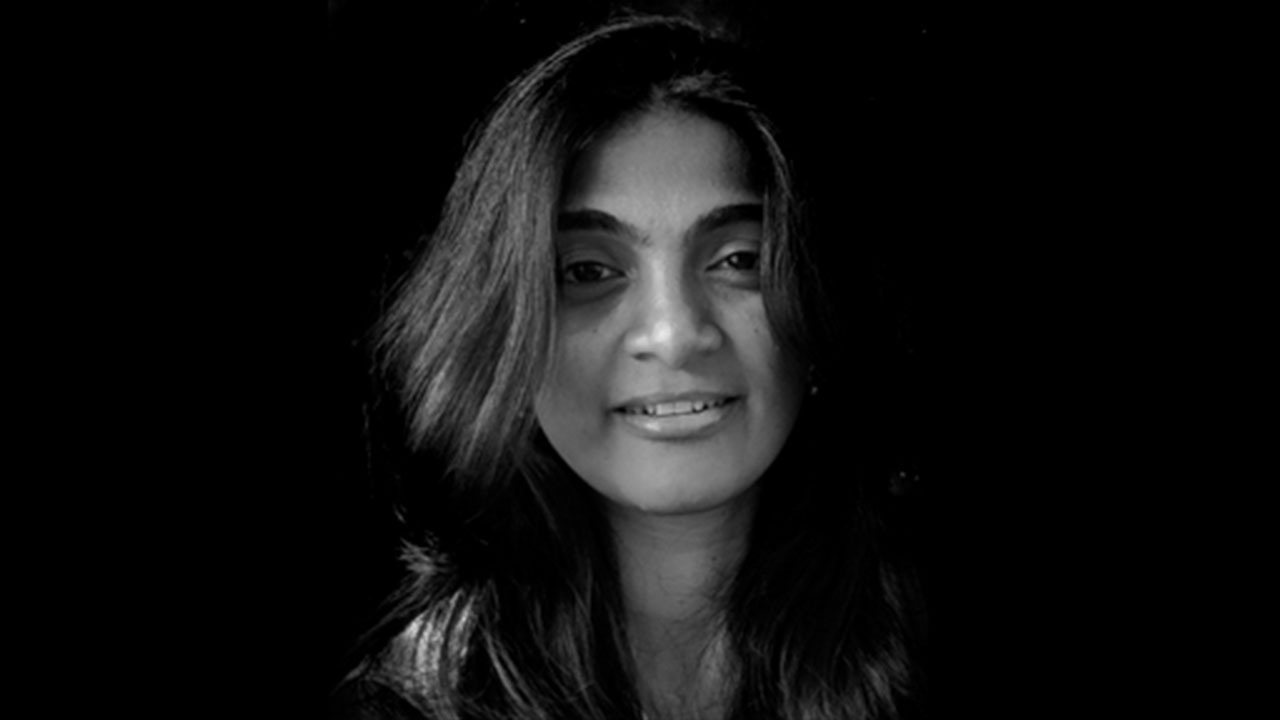Designing experiences, not just spaces
30 June 2020 — Written by Namya Chandramouleeswaran

Architects are often understood as professionals who design buildings and in many cases, also supervise their construction. However, have we ever stopped to wonder how buildings shape people? As part of Tathastu, a series of expert-led talks at Beyond 8, Padma Mahadevan of the Research Design Office, delved deep into her passion for touching lives through the spaces she designs. Her intent is to help young learners understand that architecture as a profession requires a multi-sensory approach to successfully weave memories and experiences into bricks and mortar.
In this post, we summarize the best lessons we learnt from Padma, for the benefit of students considering architecture as a career:
New age architecture always puts the person at the centre: While an aesthetic appearance can really make a building shine on the outside, it is equally important to keep the lifestyles and sensibilities of the occupants in mind. Padma believes in entwining a sense of nostalgia and precious moments into a space so as to make it relatable on many levels. She illustrates this point through a previous project where she used old copper vessels as door knobs and lanterns to invoke a sense of belonging every time the clients looked at them. Similarly, Padma’s colleague who enjoys the sensation of cool pebbles beneath her feet found it comforting and therapeutic enough to have her whole bathroom floor embedded with these nerve-stimulating pebbles. For those who are enchanted by petrichor (a pleasant smell that frequently accompanies the first rain), Padma says it can be recreated in their spaces such that they can enjoy it everyday. In essence, the possibilities of including your familiar sense of touch is limitless!
Spaces can have a significant effect on human behaviour: Companies build rows of cubicles that are tiny and short in height to facilitate focused work as research proves tiny spaces increase concentration while large spaces boost creativity. Padma stresses the importance of incorporating both into a corporate building for the benefit of the company and its employees.
For instance, schools often ask Padma how many rooms they can squeeze into a limited area. But she advises them not to think about how many rooms they can fit in, but about how best it can help students work and play together. The writing on the wall has never been clearer: modern architecture still takes meticulous planning and is guided by material science but it places equal importance on understanding human psyche.
Nature and architecture are not mutually exclusive: More often than not, trees are cut to make way for building space. But, Padma talks about including nature in the space. In one of her projects, instead of shunning a glorious mango tree from everyone’s view with a cement wall, she opted for a hard glass plexi ceiling that would let people constantly view and interact with it. In another project, her team built an open amphitheatre around the trees - creating a space in which humans interact with the trees for shade.
Being with nature has proven to significantly reduce mental stress, anger and sadness and it promotes feelings of positivity and joy. By consciously incorporating nature into buildings, architects can create a space for positive well-being.
The power of architecture stems from the fact that humans spend most of their time indoors, be it a home or an office. The places we spend most of our waking moments are the ones that should ideally remind us of the best versions of ourselves; ones that we fill with hygge moments; ones that we love to return to everyday. It is perhaps the only profession that can transform people just by transforming the spaces they live in.
Padma Mahadevan is the Director at Research Design Office and is based in Chennai, India. She can be reached on Facebook and LinkedIn.